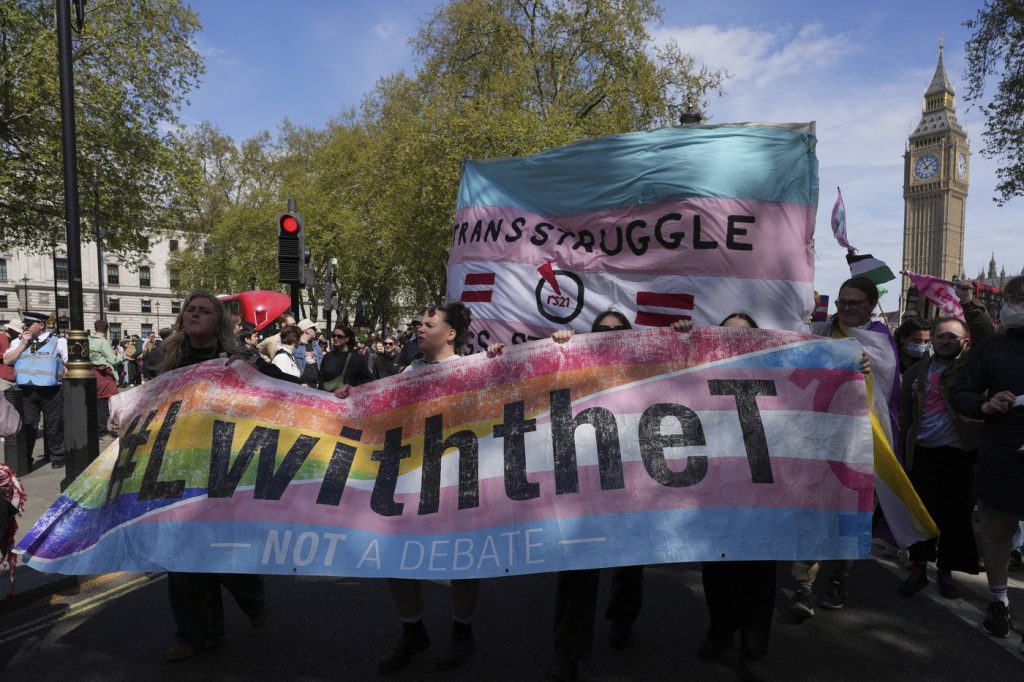In a significant policy shift, the England and Wales Cricket Board (ECB) has announced that transgender women will be outright banned from participating in women's and girls' cricket. This decision, unveiled on a Friday, follows a recent ruling by the U.K. Supreme Court that defined women for anti-discrimination purposes strictly as individuals born biologically female. The ECB stated that "with immediate effect, only those whose biological sex is female will be eligible to play in women's cricket and girls' cricket matches." However, the board made it clear that transgender women and girls are still allowed to compete in open and mixed cricket formats.
This announcement comes just one day after the Football Association in England and Scotland implemented a similar ban on transgender athletes from participating on women's soccer teams. Previously, transgender women had faced restrictions in elite women's cricket since the beginning of the year, but they were still permitted to compete at lower levels, including recreational cricket. The new ruling marks a complete exclusion from all categories of women’s cricket.
The recent ruling by the U.K. Supreme Court, which occurred approximately two weeks prior to the ECB's announcement, has been a contentious issue, defining a woman as someone who is biologically female. Following this landmark judgment, the head of the Equality and Human Rights Commission stated that transgender women would be banned from women’s public facilities such as toilets, hospital wards, and sports teams. This interpretation of gender and sex has created deep divisions among different advocacy groups.
While some feminist organizations have praised the ruling, viewing it as a victory for women’s rights in sports, trans-rights groups have vehemently criticized the decision. They argue that the ruling could have far-reaching negative consequences for the lives of transgender individuals, affecting not just sports participation but everyday rights and access to services.
The debate surrounding transgender rights in sports has become increasingly polarizing, not just in the U.K., but also globally, especially in the United States. Political figures such as President Donald Trump have enacted executive orders aimed at limiting the participation of transgender athletes in sports. These orders promote a rigid definition of sex, which adheres strictly to biological classifications rather than acknowledging gender identity. The legality of these orders is currently under challenge in the courts.
The implications of such rulings and decisions in both cricket and soccer reflect growing tensions around gender identity and women's rights. As sports organizations and governing bodies navigate these complex issues, the landscape may continue to evolve, shaping the future of athletics and inclusivity.












